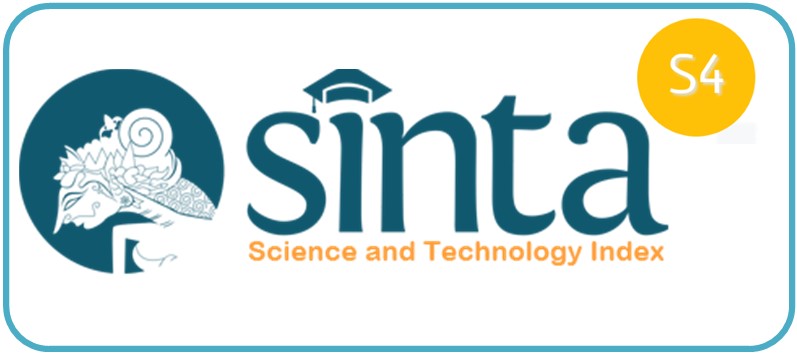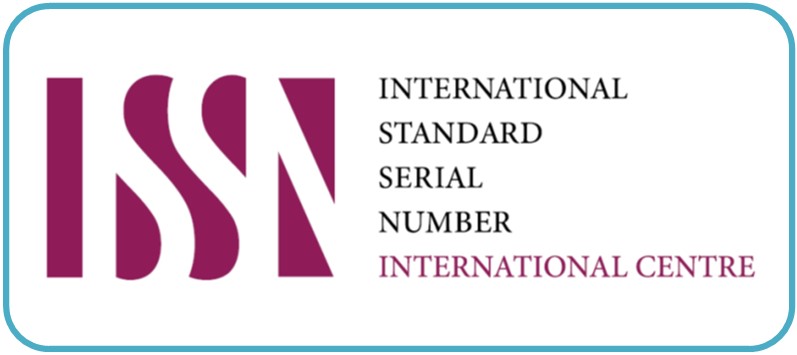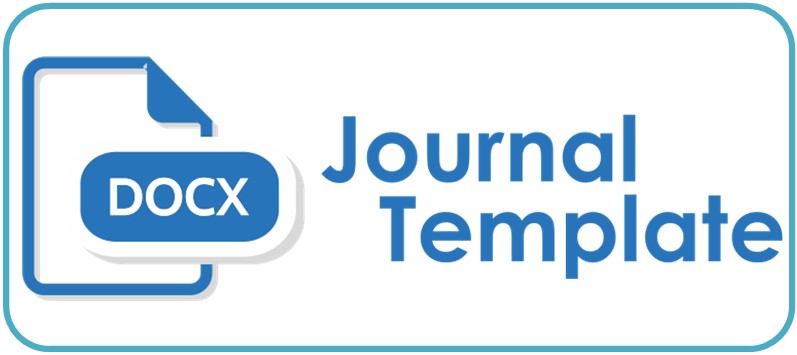ANALISIS PENERAPAN PENDEKATAN SAINTIFIK DALAM PEMBELAJARAN PAI DI SMA SEKECAMATAN TALIWANG KABUPATEN SUMBAWA BARAT
Abstract
The K-13 curriculum has been implemented since 2013, and the government has adopted a scientific approach to achieve the desired outcomes of the curriculum. However, after ten years of implementing this scientific approach, the learning process and outcomes, including in PAI (Islamic Education), have not shown the expected results. This research aims to: (1) analyze the implementation of the scientific approach in PAI learning in high schools in the Taliwang District, and (2) analyze the supporting factors and barriers to the implementation of the scientific approach in PAI learning in high schools in the Taliwang District. This study is a qualitative research using a narrative inquiry approach. The research was conducted at SMAN 01, SMAN 02, and SMKN 01 Taliwang, with the research subjects being the school principals, PAI teachers, and students. Data were collected through observation, interviews, and documentation using observation sheets, interview guides, and documentation guidelines as instruments. The data were analyzed through data display, data reduction, and verification stages. The results of the study indicate that: (1) the implementation of the scientific approach in PAI learning in high schools in the Taliwang District is carried out in various ways, depending on the availability of media, learning resources, and the creativity of PAI teachers, and (2) the implementation of the scientific approach in PAI learning in SMAN 01, SMAN 02, and SMKN 01 Taliwang is supported by: K-13 training, a good understanding of the scientific approach, lesson plan preparation by PAI teachers, availability of media, learning resources, and the creativity of PAI teachers. However, the implementation of the scientific approach is hindered by factors such as the limited number of PAI class hours, which is only two hours per week, and the lack of enthusiasm among students.
Downloads
References
Daryanto. 2014. Pendekatan Pembelajaran Saintifik Kurikulum 2013. Yogjakarta : Gava Media.
Fitriah, Putri Imroatul, Bambang Yulianto dan Ratih Asmarani. 2020. “Menigkatkan Keterampilan Komunikasi Siswa melalui Penerapan Metode Everyone is a Teacher here”, Journal of Education Action Research, Vol. 4 No.4, hal. 547 https://doi.org/10.23887/jear.v4i4.28925, diunduh tanggl 21 November 2023
Kurniasih, Imas dan Berlin Sani. 2014. Implementasi Kurikulum 2013 Konsep dan Penerapan. Surabaya: Kata Pena
Lubis, Maulana Arafat. 2019. Pembelajaran PPKN di SD/MI Kelas Rendah. Bandung : Manggu Makmur Tanjung Lestari
Ma’arif, Syamsul. 2007. Revitalisasi Pendidikan Islam. Yogjakarta : Graha Ilmu
Mulyasa, Edi. 2000. Pengembangan dan Implementasi K-13. Bandung : Remaja Rosdakarya
Niron, Sesilia Kendari. 2016. “Pelaksanaan Pendekatan Saintifik dalam Pembelajaran di Kelas 4 SD Negeri Nirmala Kabupaten Bantul”, Jurnal Pendidikan Guru Sekolah Dasar, Vol. 5 No. 7, hal.667 https://journal.student.uny.ac.id/ojs/index.php/pgsd/article/view/1245/1122, diunduh tanggal 21 November 2023
Nizar, Syamsul. 2001. Pengantar Dasar-Dasar Pemikiran Pendidikan Islam. Jakarta : Gaya Media Pratama
Qomar, Mujamil. 2005. Epistimologi Pendidikan Islam. Jakarta : Erlangga.
Sa’adillah, Rangga. 2014. “Pendekatan Saintifik dalam Perspektif Pendidikan Islam”,. Thesis, UIN Sunan Ampel Surabaya.
Sani, Ridwan Abdullah. 2014. Pembelajaran Saintifik Implementasi Kurikulum 2013. Jakarta : Bumi Aksara
Sanjaya, Wina. 2006. Strategi Pembelajaran Berorientasi Standar Proses PendidikanJakarta :. Kencana Prenada Media Group
Sentosa, Sedya dan Badratun Nafis. 2021. “Analisis Pembelajarn Saintifik dalam Pendidikan Islam”, Edukatif : Jurnal Ilmu Pendidikan, Vol. 3 No. 6, hal. 5002 DOI: https://doi.org/10.31004/edukatif.v3i6.1577, diunduh tanggal 27 November 2023
Simbolon, Jimmy Francius dan Jhonas Dongoran. 2019. “Analisis Penerapan Langkah-Langkah Pembelajaran Dengan Pendekatan Saintifik Dalam Kurikulum 2013 Pada Pembelajaran Biologi Di Sma Negeri Se-Kota Medan”, Junral Darma Agung,Vol. 27 No. 3, hal. 1109 DOI: http://dx.doi.org/10.46930/ojsuda.v27i3.369, diunduh tanggal 24 November 2023
Sugiyono. 2014 Metode Penelitian Kombinasi. Bandung : Alfabeta, 2014
Varelas, Maria dan Michael Ford. 2009. The Scientific Method and Scientific Inquiry : Tension in Teaching and Learning. Ohio : Wiley Interscience.
Webster dan Metrova. 2009. Using Narative Inquiry as a Research Method. New York : Routledge, 2009.
Wiyanto. 2017. “Pendekatan Saintifik pada Perkuliahan dengan Sistem E-Learning”, Jurnal Integralistik, Vol. 28 No.2, hal. 220 DOI: https://doi.org/10.15294/integralistik.v28i2.13738, diunduh pada tanggal 25 November 2023
Yani, Ahmad. 2013., Mindset Kurikulum 2013. Bandug : Alfabeta
Zuhairini. 1993. Metodologi Pendidikan Agama. Solo : Ramadhani

This work is licensed under a Creative Commons Attribution-ShareAlike 4.0 International License.
Copyright Notice
1. Authors retain copyright and grant the journal right of first publication with the work simultaneously licensed under a Creative Commons Attribution License (CC BY-SA 4.0) that allows others to share (copy and redistribute the material in any medium or format), and adapt (remix, transform, and build upon the material) the work for any purpose, even commercially with an acknowledgement of the work's authorship and initial publication in this journal.
2. Authors are able to enter into separate, additional contractual arrangements for the non-exclusive distribution of the journal's published version of the work (e.g., post it to an institutional repository or publish it in a book), with an acknowledgement of its initial publication in this journal.
3. Authors are permitted and encouraged to post their work online (e.g., in institutional repositories or on their website) prior to and during the submission process, as it can lead to productive exchanges, as well as earlier and greater citation of published work (See The Effect of Open Access).







